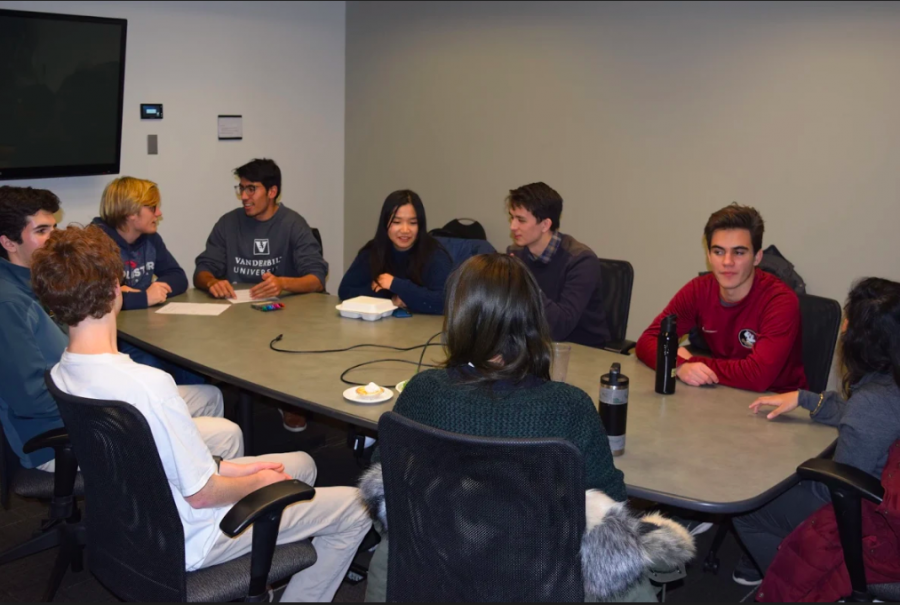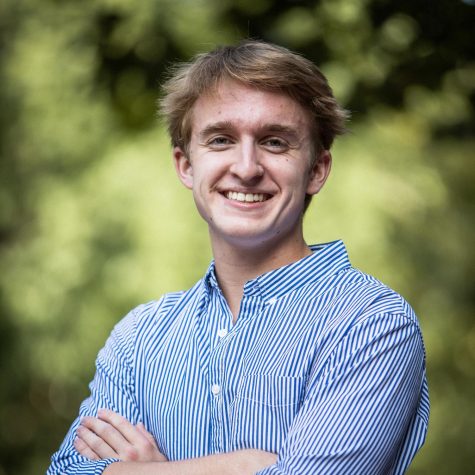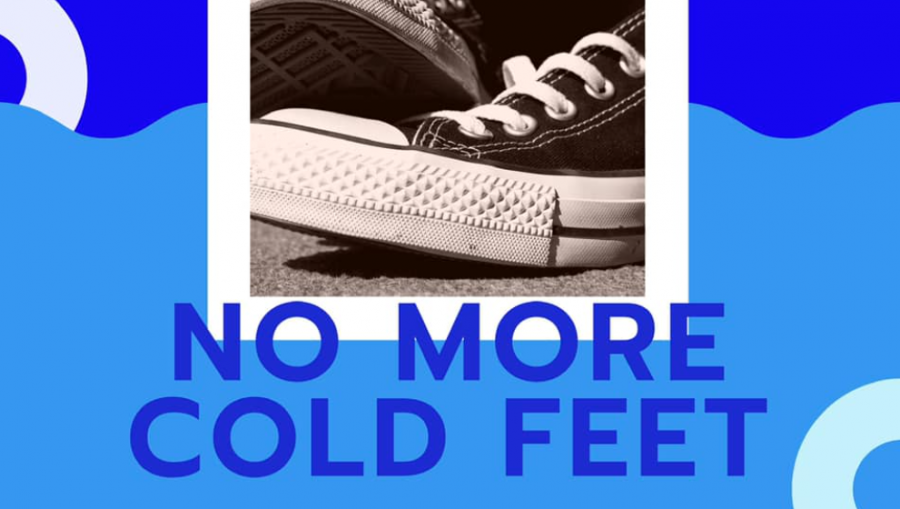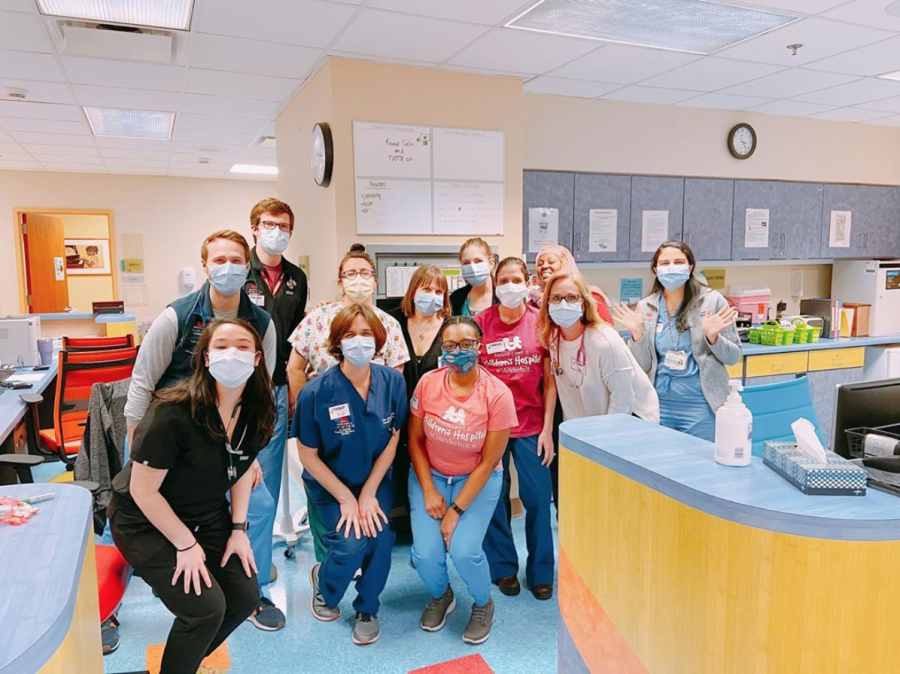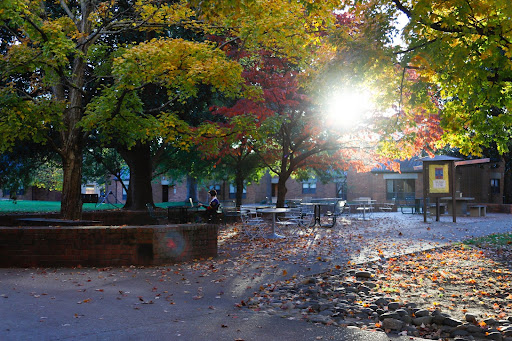Many students join student organizations to break out of the academic mold of classes and homework while still learning and forming connections. But one group, Vanderbilt Effective Altruism (VEA), is flipping the script, hosting 24 students in a nine-week discussion course accompanied by weekly readings akin to a traditional class.
The Arete Fellowship is a national, student-led education program that originated at Harvard University in 2018 and is now held at Duke, Stanford, MIT and other schools. The course covers various topics in effective altruism, an evidence-based methodology for acting selflessly and for the wellbeing of others.
VEA’s syllabus for the fellowship defines effective altruism as “the compassionate desire to do good in the world, the use of evidence and reason to understand how to do so effectively, and the ambition to act.”
Students learn about major world issues like food security, economic inequality, animal welfare and climate change and ways they can help tackle them.These methods include career paths and donating to specific charities to contribute to the effective altruism movement.
The Vanderbilt Hustler sat in on one Arete Fellowship discussion section on the topic “Effective Altruism in Action.” In the discussion, students reviewed several charities or foundations engaged in topics like malaria eradication, meat substitute development, economic inequality and existential risks like artificial intelligence. After discussing the merits of each, students voted in a “Giving Game” on the two charities to which they would donate $200, gifted from the national organization.
“What effective altruism really brought to my life was knowledge of all these opportunities I have to do good. I used to think I’d become a doctor or a teacher, but those things don’t interest me that much. It really showed me that there were other options that fit my strengths and in which I could have an impact,” said Lukas Berglund, a sophomore and discussion section leader. “I hope this fellowship is giving people not just a way to reflect about what it means to do good, but concrete strategies and career options to use, which is the most valuable.”
Anjay Friedman, another sophomore section leader, said his passion for effective altruism comes from his experience working in multiple embassies through his father’s international work at the Centers for Disease Control. At the US embassy in Sierra Leone, where he worked for two summers, Friedman saw firsthand the difficulty of accomplishing important change in an inefficient bureaucratic system. That drove him to help lead the Arete Fellowship program and consider a related career.
“The beauty of the fellowship is that it’s a place for people to come together who care about doing good, having an impact, in a setting in which you can discuss with others what might be the best career, the best place to put your focus on,” Friedman said. “You’re gonna answer questions you’d already answer on your own but with access to a community who are also trying to answer these questions.”
Vanderbilt Effective Altruism started last year as One for the World, the Vanderbilt arm of a national group founded in 2014 at the Wharton School of Business at the University of Pennsylvania. One for the World solicits pledges from people willing to donate one percent of their total future income to recommended charities. The club rebranded this fall to incorporate the Arete Fellowship and now consists of roughly 30 members.
In addition to tabling for One for the World, the club plans to host a benefit concert in the spring, a panel discussion with other campus philanthropic organizations and a “Giving Game” for members not engaged in the Fellowship.
The Arete Fellowship will be held again next semester. The application, due Jan. 19, 2020, can be found here, and questions can be directed to the club’s website or either Lukas Berglund (lukas.t.berglund@vanderbilt.edu) or Anjay Friedman (anjay.h.friedman@vanderbilt.edu).

